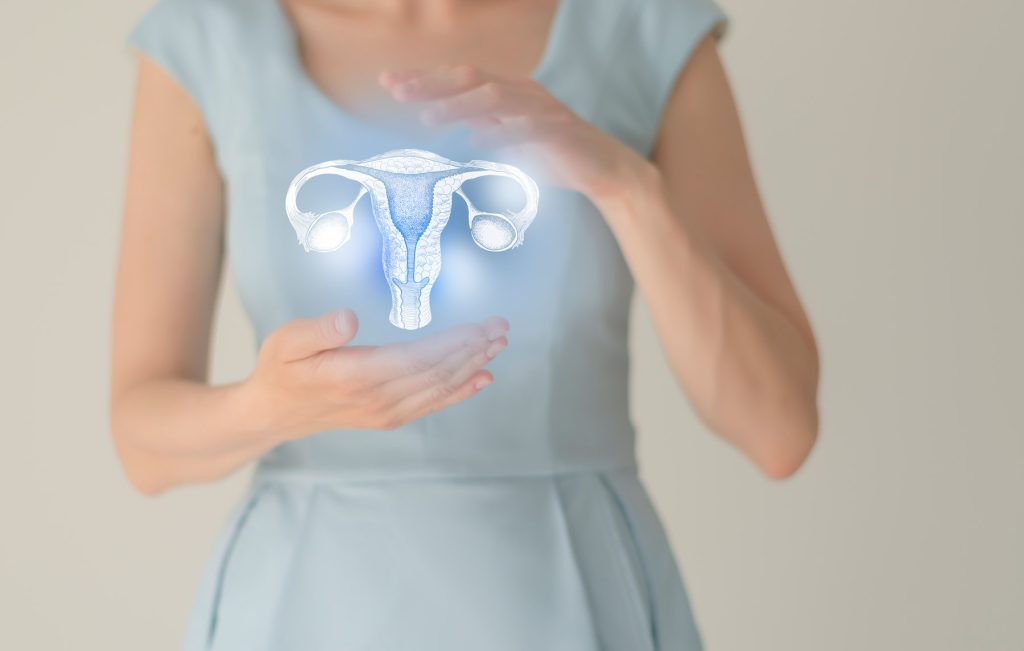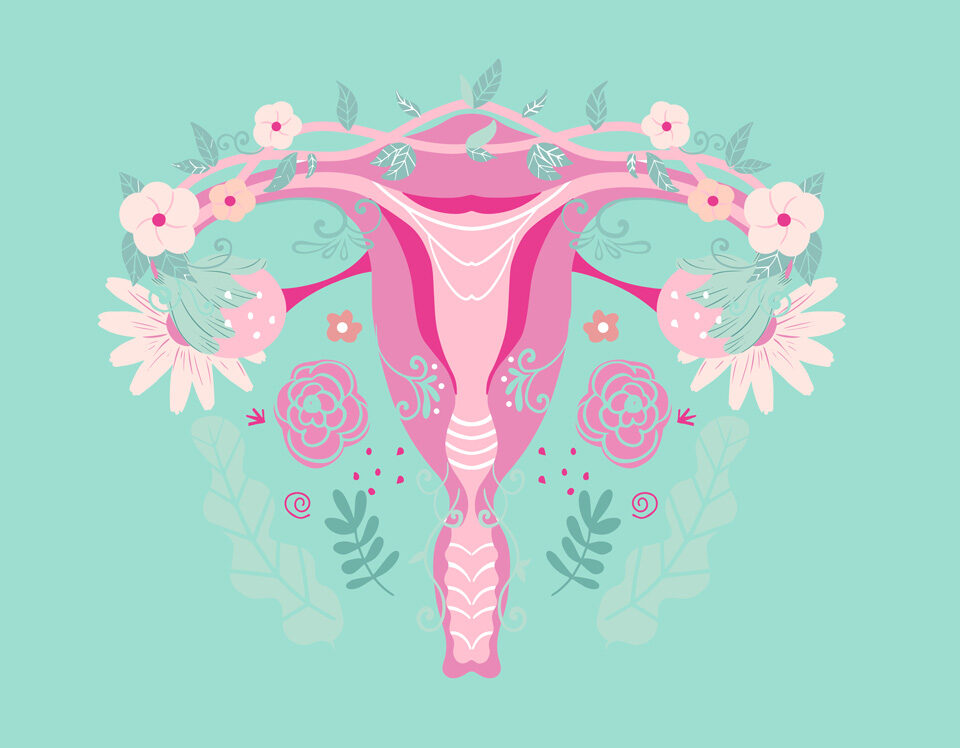- About
Our consultants
Meet our experienced team of consultantsSupport team
Meet our support team working alongside our doctors to deliver the very best careOur clinic
Discover more about The Fertility & Gynaecology Academy
- Patient journey
I am a...
Learn about the services relevant to your fertility journeyThe journey...
Learn about what's involved in fertility treatment
- Fertility tests
Packages
Fertility testing packages to take the hassle out of investigations
More screening options
Find out about our additional screening options - Treatments
Getting pregnant
Fertility treatments to help you achieve your dream
Add-on treatments
Learn about add-on fertility treatments
Supporting treatments
Additional services to support you on your fertility journey - Success rates
- Knowledge hub
Watch, read, and learn
Expand your knowledge on all aspects of fertilityLatest article
- Pricing
Financing fertility treatment
Honest and transparent pricing for peace of mind
No two patients have the exact same treatment but here we have provided an example patient journey to help illustrate what a straight-forward IVF cycle might look like cost-wise.
- Contact
Female fertility tests (Fertility MOT & Egg Counting)
Having more information about your fertility can give you peace of mind.
A fertility MOT can help you achieve clarity as to where you are in your journey towards conception.

Having more information about your fertility can give you peace of mind.
A fertility MOT can help you achieve clarity as to where you are in your journey towards conception.
For one upfront fee, you’ll get a comprehensive assessment of your fertility potential, plus guidance on the next steps. If you’re only interested in certain aspects of the Fertility MOT packages, everything listed is also available individually.

How fertile am I?
If you want to get pregnant or delay having a family, you may be feeling a little apprehensive. It can be daunting to embark upon a journey towards conception (or delay conception) without knowing quite what your chances are or whether you’ll need any assistance.
To make things as simple as possible for you, we offer a series of comprehensive fertility checks – the ideal way to get an overview of your fertility. These include an egg counting check to make sure all is well. Then, if we discover any potential stumbling blocks, we can help to guide you forward.
Female fertility
assessment
-
Transvaginal Ultrasound Scan
-
Egg counting blood test for Anti-Mullerian Hormone
-
Written report with a conclusion and advice
Premium
female fertility assessment
-
Initial consultation
-
Transvaginal Ultrasound Scan
-
Saline Hysterography (SIS) aka Aqua Scan
-
Egg counting blood test for Anti-Mullerian Hormone
-
Consultation to explain the results
-
Written report with a conclusion and advice

“We’ve been helping patients expand their families since 2004, and our experience and expertise in reproductive medicine allow us to personalise your fertility testing for the best possible outcomes. For example, if you’ve experienced unsuccessful IVF cycles or repeated miscarriage, we may recommend more advanced fertility or immune tests to uncover underlying issues.
We deep dive into your complete health and medical history, fertility journey, lifestyle factors, environmental influences, and any other elements impacting your conception efforts. This comprehensive understanding, honed over years, allows us to develop a personalised testing strategy – and treatment plan – designed specifically for you, giving you the best chance of success.”
– Dr Gorgy, Fertility Consultant
Understanding female fertility tests
Here, we explain the different elements of our fertility test packages so you know what to expect.
If you choose a fertility test package with an initial consultation, this will be with one of our esteemed fertility specialists. We’ll explain to you the series of tests, throughout which you’ll have an expert consultant as your port of call.
A pain-free procedure that looks at the female reproductive system. It is a common test for women experiencing problems getting pregnant. It involves assessment of the uterus, ovaries and fallopian tubes. It is a more accurate means of making assessments than an abdominal ultrasound.
This test helps determine the number of eggs you have by measuring your levels of a hormone known as the Anti-Mullerian Hormone (AMH). This hormone is produced by follicles in the ovaries and levels of AMH are associated with a woman’s ‘ovarian reserve’. A high ovarian reserve suggests good fertility potential. A low reserve generally indicates declining function of the ovaries.
If you choose a fertility test package with a saline hysterography included, you’ll want to understand more about this test. Implantation failure or miscarriage can sometimes happen due to blocked fallopian tubes or uterine abnormalities such as polyps, adhesions or scar tissue, or even a septum that you were born with. This procedure can provide a better visualisation of potential obstructions. Sterile saline is placed into the uterine cavity through a thin catheter. The integrity of the uterine cavity is then examined by an ultrasound scan.
Chosen a fertility test package that includes a consultation to explain the results of your fertility tests? We take the time to ensure that you are well-informed and fully understand the implications of any test results. You will have the opportunity to ask any questions and receive comprehensive answers in plain English so you’re never kept in the dark.
All our fertility test packages include a written report which will have a detailed written breakdown of all our findings and recommendations so you are informed about your fertility status. Our experts are among the best in their field, and you can rest assured you’ll leave with advice you can trust. Having a report in writing also enables you and your partner to revisit this detailed information as many times as you need to, as you consider your options should further investigations be required.


Exploring fertility tests for women: What you need to know
If you haven’t become pregnant after trying naturally, it’s likely you’ll be researching fertility testing. Some women get pregnant easily and quickly but if you’re reading this, you’ll likely be one of the surprisingly large number of women who need more support in order to conceive.
Below we take a look at some of the questions we are commonly asked about fertility tests for women.
Some women may have irregular menstrual cycles (or none at all) but this isn’t always the case. Unfortunately a lot of the time fertility problems are silent until women start trying to get pregnant. This is why it is often recommended to have fertility testing, even if you are not yet ready to start a family. This can provide a good idea of your reproductive health and give plenty of time to address any potential issues before they become a barrier to starting your family.
At-home fertility tests have become increasingly popular, offering to measure key indicators like Anti-Mullerian Hormone (AMH), which is a good indication of ovarian reserve. Additional at-home fertility tests screen hormone levels such as testosterone to detect conditions like Polycystic Ovarian Syndrome (PCOS).
However, these isolated measurements can paint an incomplete and potentially misleading picture of your fertility. Fertility is far more complex than any single test can capture, and these at-home results should never be viewed as definitive predictors of your ability to conceive.
We recommend in-clinic testing as it is important to also consider your medical history, family medical history, your history of trying to get pregnant, and also consider any potential hidden physiological conditions that may be hindering conception. An at-home test will not be able to provide this information or insight into the best path forward for you.
The cost of fertility tests vary not only between clinics but depending on your individual circumstances and medical history. Some individuals may only require basic tests, whereas others could need more advanced fertility tests.
The majority of female patients coming to The Fertility & Gynaecology Academy will require an ultrasound and AMH test to provide a baseline understanding of fertility.
Discover our fertility test pricing.
The short answer is yes. Let’s explain. Fertility doctors use AMH levels from a blood sample to gain insight into the number of eggs you may have left in your ovaries (your ‘ovarian reserve’). Whilst a ‘normal’ level for your age is a positive sign, it is only one part of the puzzle when it comes to conceiving naturally.
Indeed, once released from the ovary the egg needs to find its way through the fallopian tube where it can meet the sperm. However, a large proportion of women who have not had luck getting pregnant naturally find that they have pathological issues hindering fertility. For example: ovulation issues may mean that the egg is not released from the ovaries at all so it is not able to meet the sperm; scarring or blockages in the fallopian tubes can prevent the egg from reaching the sperm; the uterine environment may be suboptimal, preventing implantation of the embryo.
Despite having optimal AMH levels, if you haven’t conceived naturally it can be beneficial to have a comprehensive range of fertility tests to rule out any pathological issues preventing conception.
Learn more about the impact AMH has on fertility.
Age is a significant factor when it comes to fertility. The British Fertility Society states that female fertility begins to decline in the early 30s and this decline becomes steeper from the age of 35, and even more so from the age of 40. This isn’t just the number of eggs, but the egg quality. Egg quality is vital for conception and a healthy baby.
If you’re under 35 and not trying to conceive right now, but may wish to in future, testing can help establish a baseline and help you uncover any potential issues early on.
If you are under 35 and currently trying to conceive, the general advice is to opt for testing after 12 months of trying.
If you’re over age 35 and considering pregnancy testing is recommended.
If you’re over age 35 and have already started trying to conceive, the recommendation is to try for at least six months before undergoing fertility testing.
However, if you have any concerns, you should seek the advice of a fertility consultant sooner.
You may find it helpful to read this article on when you should test your fertility.
Infertility in women can be caused by a wide variety of problems, but some of the most commonly experienced include:
- Ovulation problems (caused by health conditions like PCOS, thyroid issues, premature ovarian failure)
- Scarring (from surgery or infections like STIs and Pelvic Inflammatory Disease (PID))
- Fibroids (non-cancerous growths)
- Medications (certain medications have a direct impact on fertility)
- Suboptimal uterine environment
Ultimately, the only way to be certain is to seek the advice from a fertility doctor who can assess your medical history, lifestyle, and fertility journey so far, then combine this with fertility test results to give a clear picture of what is going on in your body and the best next steps for you.
If you’ve been trying to get pregnant for a while it can feel challenging to know when to seek help. Here is a brief overview of when fertility testing might be beneficial:
- If you’ve previously had trouble getting pregnant
- If you have irregular periods
- If you are aged 35 or more and want to get pregnant
- If you’ve had radiotherapy
- If you’ve had chemotherapy
- If you’re using medications that can affect fertility. For example, those used to manage autoimmune conditions and hormonal disorders
- If you’ve had an STI in the past (especially if it went untreated for some time)
- If you are obese (BMI of 30 or more). Calculate your BMI here.
- If you have a family history of fertility issues
- If you have a family history of early menopause
- If you have any diagnosed gynaecological conditions like endometriosis or PCOS
Get in touch today
Got questions? Or perhaps you’re ready to get started on your fertility journey and would like to book your fertility tests.
Call us now on 020 7224 1880 to arrange for fertility testing, or book a consultation online.




